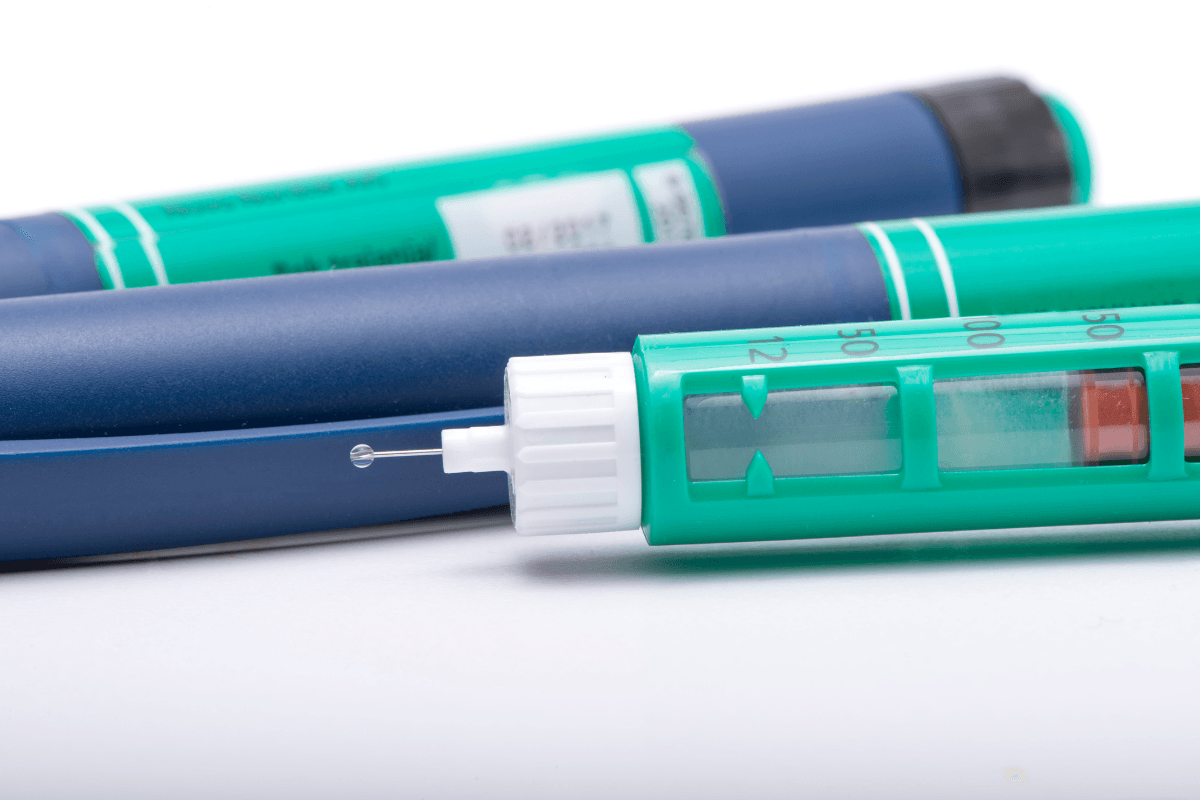With rising global obesity rates, more people are turning to non-invasive medical solutions for weight loss. As the need for effective and sustainable approaches continues to rise, one question remains at the forefront: What is the best injection for weight loss? Injectable medications are now playing a major role in helping people manage appetite, control blood sugar, and lose weight, without resorting to surgery or restrictive crash diets.
We’ll review the top injections for shedding pounds, how they work, and how they can help you lose weight fast, safely, and effectively.
How Do Weight Loss Injections Work?
These medications are often used in patients with type 2 diabetes, but have gained traction among individuals with obesity or severe weight challenges due to their additional benefits in promoting fat loss.
Here’s how they work:
- Stimulate GLP-1 and GIP hormones that control appetite
- Slow down gastric emptying to prolong feelings of fullness
- Improve insulin sensitivity and blood glucose stability
- Encourage calorie deficit without intense physical hunger
Some of the more established medications, like semaglutide, have been embraced by clinicians for their ability to deliver consistent weight reduction results without the complexity of surgery or rigid diet regimens.
2025 Highlights: New Weight Loss Injection Options
If you’re tracking innovation, 2025 marks a breakthrough year for the development of injectable therapies. A new weight loss medication that’s generating buzz is Retatrutide, a triple-hormone agonist that goes beyond existing treatments by activating GLP-1, GIP, and glucagon pathways simultaneously.
In early trials, this agent helped users achieve a body weight reduction of over 24 percent, which is unprecedented compared to prior generations. Its multi-receptor activation could redefine how we approach weight management in clinical settings.
Other notable entries in this year’s lineup include:
- Tirzepatide is continuing its surge in popularity due to dual-action efficacy
- Novel formulations of semaglutide with improved tolerability and delivery
- A rise in customizable dosing protocols based on patient BMI and metabolic profiles
These therapies are not magic bullets, but they provide new pathways for individuals struggling with stubborn fat, hormonal imbalances, or slow metabolism.
Comparing Top Weight Loss Candidates Effectiveness
Choosing the best injection for weight loss requires comparing real-world outcomes. Current clinical benchmarks measure success in weight reduction, side effect tolerability, and long-term adherence.
Let’s look at leading contenders through a patient-centered lens:
Semaglutide (brand name Wegovy)
- Average weight loss: 15 percent of baseline body weight
- Weekly injection with proven glucose management benefits
- Widely prescribed with a strong safety track record
Tirzepatide (brand name Mounjaro)
- Average weight loss: Up to 20 percent in select trials
- Dual agonist approach enhances appetite suppression
- Effective for both weight loss and glycemic control
Retatrutide
- Experimental but promising data indicate up to 24 percent weight loss
- Triple-hormone action delivers aggressive fat-burning potential
- Still undergoing regulatory evaluation and long-term studies
Each of these options presents unique mechanisms and expected outcomes. The best weight loss injection for you might depend on tolerance, affordability, and medical history more than statistical success alone.
Can These Injections Help You Lose Weight Fast?
The appeal of injections lies in their ability to accelerate early weight loss without starvation. For those wondering how to lose weight fast, injectable therapies can deliver meaningful results, typically 5 to 10 percent of body weight, in the first 8 to 12 weeks when combined with lifestyle changes.
Speed isn’t everything. Rapid weight loss that’s not supported by nutrition and behavioral adaptation can backfire. What these medications do well is sustain weight reduction over months, turning quick starts into lasting changes.
If fast results are important to you, speak to your provider about optimizing dosage and lifestyle while using a weight loss medication. Speed can be safely achieved when guided by medical oversight and realistic goal setting.
Your Next Step: Find the Right Plan for You
If you’re considering weight loss injections, start by researching reputable products available online. Look for detailed information on ingredients, usage guidelines, and customer reviews to help you make an informed decision. Understanding your options is essential for choosing a product that aligns with your health goals.
To simplify your search, visit our Weight Loss Medications page for more information on various weight loss solutions. If you need assistance creating a comparison chart or have questions about specific products, feel free to reach out.
Takeaways
So, what is the best injection for weight loss in 2025? Finding what’s best for you means balancing effectiveness, accessibility, and medical safety. While new entrants like Retatrutide offer exciting promise, tried-and-true options like semaglutide and tirzepatide continue to drive meaningful success. These therapies don’t replace nutrition and movement, but they support and enhance your efforts to reach a healthier weight.
Weight loss medications now offer nuanced, scientifically backed methods for reducing fat and supporting sustainable lifestyle changes. They’re not a shortcut – they’re part of a comprehensive care model designed to help patients regain control, improve metabolic health, and transform their relationship with food and fitness.
Frequently Asked Questions (FAQs)
What is the best injection for weight loss today?
Tirzepatide and semaglutide lead the market in effectiveness and safety, but newer contenders like Retatrutide are emerging with powerful results. The best choice depends on your medical needs and treatment goals.
Are weight loss medication injections safe?
When prescribed and monitored by a healthcare provider, these injections are generally safe. Common side effects include mild nausea, constipation, and appetite changes during early use.
How long do I need to stay on injection therapy?
Duration varies based on goals and metabolic response. Many patients use injections for six to twelve months, though some continue longer with tapering strategies to maintain results.


